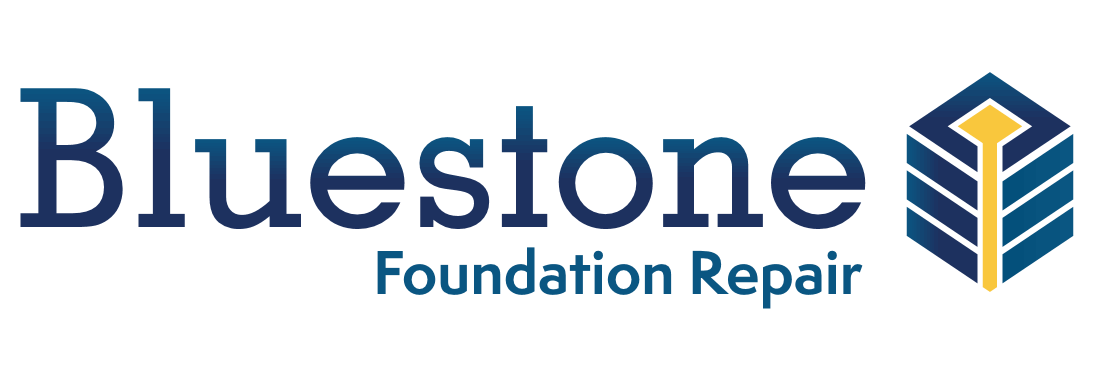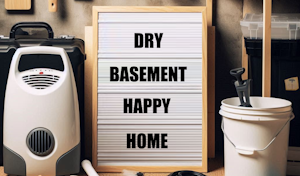Dampness in a basement is not just an inconvenience—it can lead to mold growth, structural damage,...
Signs Your Home Needs Helical Piers: Spot Foundation Problems Early
A solid foundation is crucial for the structural integrity of your home. Over time, soil movement, poor drainage, and natural settling can lead to foundation problems. If left unaddressed, these issues can cause significant damage, resulting in expensive repairs. Helical piers are one of the most effective solutions for stabilizing and restoring foundations. But how do you know if your home needs them? Here are key warning signs to watch for and how helical piers can help.
1. Cracks in Walls and Floors
If you notice cracks in your drywall, ceilings, or floors, your home’s foundation could be shifting. Small cracks might seem harmless, but large or widening cracks often indicate structural movement beneath your home. These cracks typically appear around door frames, windows, or corners of rooms, and they tend to expand over time.
Helical piers work by anchoring your foundation deep into stable soil layers, preventing further movement and stabilizing your home. Unlike traditional concrete piers, they can be installed with minimal excavation and disruption.
2. Doors and Windows That Stick or Won’t Close Properly
Struggling to open or close doors and windows? If they stick, drag, or have gaps around the edges, your foundation might be shifting unevenly. As the home settles, the frames can become misaligned, making it difficult to open or shut them properly.
Installing helical piers beneath the affected areas helps prevent further sinking and restores balance to your foundation. This ensures that doors and windows function properly again, eliminating frustrating alignment issues.
3. Uneven or Sloping Floors
A noticeable tilt or slope in your floors often means the foundation is settling unevenly. This can lead to structural issues, making it unsafe to walk in certain areas. If you place a ball on the floor and see it rolling without any push, you likely have a foundation problem.
Helical piers are designed to lift and stabilize sunken areas, ensuring that your floors remain level and secure. They provide long-term support without requiring major structural reconstruction.
4. Gaps Between Walls, Cabinets, and Countertops
Another sign of foundation movement is gaps forming between walls and built-in furniture, such as cabinets, countertops, or baseboards. If you notice spaces widening in areas that were previously flush, the foundation is likely shifting beneath your home.
Helical piers reinforce the foundation by transferring the load to deeper, more stable soil layers, helping to close gaps and maintain the structural integrity of your home.
5. Exterior Brick or Foundation Cracks
Inspecting the outside of your home can reveal important clues about foundation damage. Large cracks in brickwork, foundation walls, or even chimney separation are common signs of soil instability.
Helical piers correct these issues by stabilizing your home's foundation, preventing further separation and cracking. Since they are screwed deep into the soil, they provide immediate and lasting support, unlike traditional methods that rely on surface-level adjustments.
Why Helical Piers Are the Best Solution
Unlike traditional foundation repair methods, helical piers are designed for long-term stability. They can be installed quickly with minimal disturbance, providing homeowners with a cost-effective solution that prevents further damage.
If you've noticed any of these warning signs, it’s crucial to take action before foundation issues worsen. Contact a professional foundation repair specialist to assess your home and determine if helical piers are the right solution for you.
Get Expert Help Today
At Bluestone Foundations, we specialize in helical pier installation to stabilize and protect homes from foundation failure. Our experts provide thorough inspections and custom solutions tailored to your property’s needs.
💬 Need a foundation evaluation? Contact us today to schedule an assessment!




Have a topic you'd like us to cover? Let us know below.